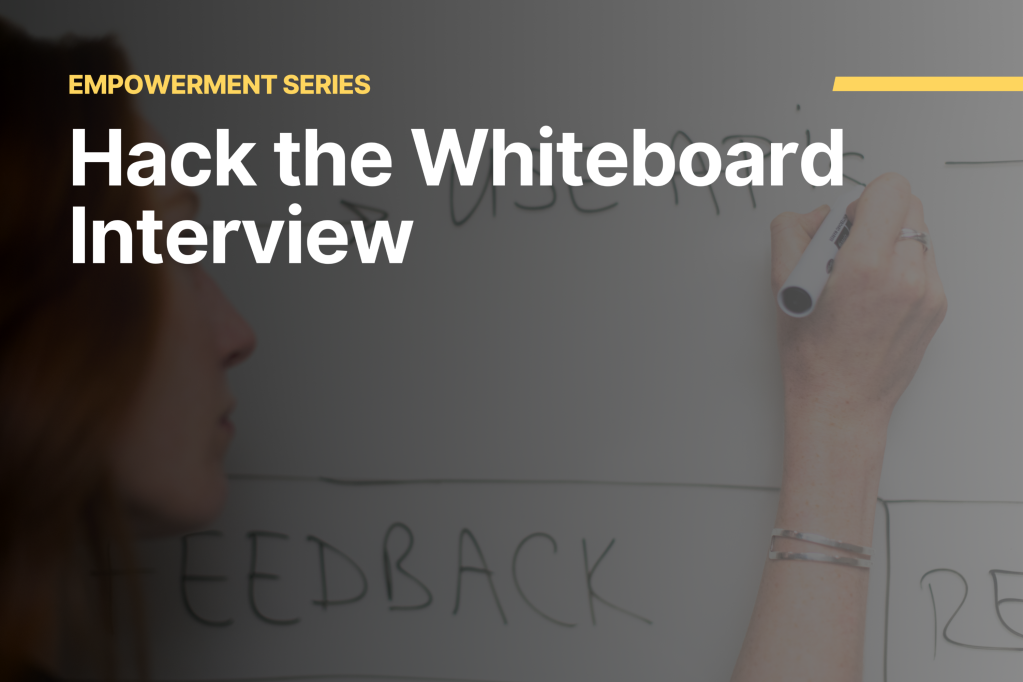2U, Inc. is the parent company of edX.
This generation intuitively understands how the world today is shaped by systemic forces, algorithms, and storytelling. Hone these skills and you will succeed.
The Thrive Global Community welcomes voices from many spheres on our open platform. We publish pieces as written by outside contributors with a wide range of opinions, which don’t necessarily reflect our own. Community stories are not commissioned by our editorial team and must meet our guidelines prior to being published.
By Jennifer Henry, Senior Vice President of Workforce Engagement at 2U, Inc.
Every year I read the same media articles and surveys reporting that young people entering the workforce lack critical job skills. But I have a secret for today’s graduates: you already possess the skills you need to launch a meaningful career solving our world’s most pressing challenges.
My generation likes to lament that young people lack both the technical and “soft” skills to be successful in the workforce. But they don’t see what I see in my career dedicated to helping tens of thousands of people find the training and mentorship they need to land their dream job.
As a mother of two teenagers, I see a level of resilience, empathy, and global awareness that only comes with entering adulthood during a pandemic and a national reckoning with systemic racism. My daughter and her friends who just graduated from high school saw how a virus that first appeared in Wuhan, China could travel across the globe to disrupt their education and throw their friends and family into isolation. They know that the simple act of hanging out together could put their older family members’ lives at risk.
This is not a generation that needs to be adult-splained about complex interdependencies. Systems-thinking is often heralded as a skill reserved for the sharpest and most seasoned leaders. But today’s youth understand how our laws, regulations, private sector decisions, and public policies have created reinforcing structures and norms that contribute to the persistence of racism as well as gender and wealth inequality.
Unlike my generation, young adults today intuitively understand how algorithms shape the way they interact with the world. Take my son, a Black teenage young man who loves gaming and who started seeing ads and video recommendations with racist undertones on YouTube. Now, every few months, he spends 20 minutes visiting sites like NPR and watching Trevor Noah videos to re-train the engine driving his recommendations. He already understands how to decipher and interrupt the tone and intent of the digital messages he receives, giving him a level of news literacy and technical understanding high above those in older generations.
Big Tech is not an invisible hand shaping the reality of my son and his peers. Like Neo in The Matrix, they can make algorithms work for them.
Growing up in the age of the internet and social media has also taught every young person how to create stories and content that captivates their peers. This is an invaluable skill that can be leveraged in the workplace to reach and compel new audiences. Companies should be overjoyed for the opportunity to hire from a generation of natural storytellers.
To the class of 2021: you have the skills that employers desperately need. You understand systemic forces at a global scale, the data that powers our world, and how to tell stories that influence and change minds. Now, you just need to deepen those skills. Here’s how:
Learn how to interpret data. At the pace and scale of decision-making in organizations today, data analysis skills are critical. I mean that for every profession including writers, teachers, salespeople, marketers, you name it. Data skills—including knowing what questions to ask and what data to collect to answer them—are a surefire way to fast-track your impact.
Use your data skills to tell stories that matter. In a world awash in data, the future belongs to those who can translate that knowledge into stories that are engaging, strengthen our ethical compass, and grow our sense of moral obligation. Use your digital storytelling skills to spur the collective action we need to face our world’s greatest problems like climate change.
Showcase your problem-solving skills. Every job, regardless of the industry, requires problem-solving. Hiring managers are looking for signals that you have the confidence to tackle problem-solving on your own, but also to ask for guidance when you need it.
Find coaches to help you learn better and faster. This can be your manager, a colleague, or an older friend. The greatest opportunity for transformation comes through strong relationships with experienced mentors and coaches. Don’t be shy to seek these out, especially at the start of your career.
Bite off more than you can chew. The early years of your career are about skill development and there is no better way to fast-track your learning than taking on work that you aren’t quite sure you can pull off. Spoiler alert: you can pull it off.
The best, most interesting careers are a winding path. Don’t worry about climbing the ladder. Hone in on what you already know and seek out the problems worth solving. Become a master of the systems, data, and stories that shape our world, and you will succeed.
— Published on June 25, 2021










